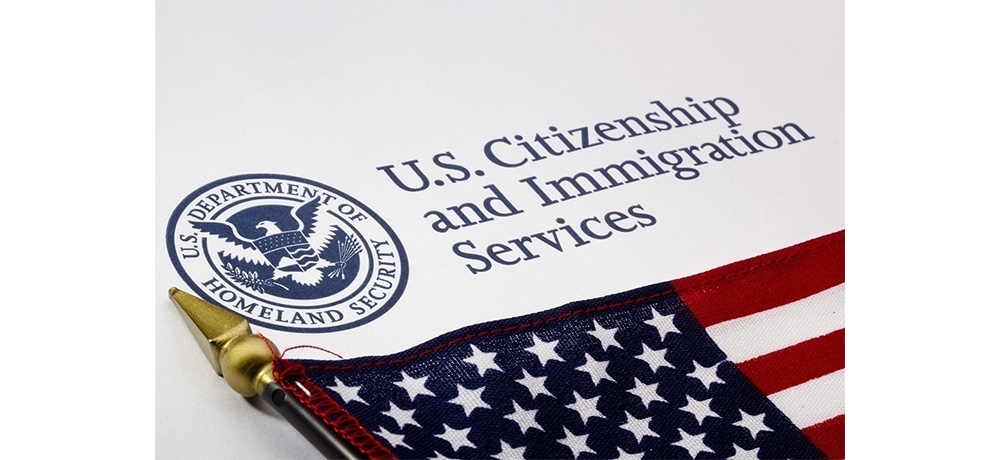
U.S. Supreme Court Allows the DHS to Implement the Public Charge Rule
Categories: Attorneys , Business Immigration , Business Law , Citizenship , Citizenship Green Cards , Commercial Litigation , Commercial Transactions , Corporate Law , Green Cards , Immigration Law , International Law , Investment Visas , Law Firm , Lawyers , Legal Services , Real Estate , Software Agreements , Technology Law , Trusts And Estates
Pasricha & Patel
The U.S. Supreme Court has lifted a temporary injunction that had previously prevented the Department of Homeland Security from enforcing a previously-announced Public Charge Rule that greatly expands the definition of public benefits. The expanded rule gives DHS officials greater authority to deny visas and immigrant petitions filed by future immigrants whom the U.S. government would determine to rely, or may rely on, certain public benefits, such as Supplemental Security Income (SSI); Temporary Assistance for Needy Families (TANF); and any federal, state, or local cash benefits programs for income maintenance purposes; as well as government housing programs, such as Section 8 Housing Assistance.
There is a separate injunction against the public charge rule that is still in effect for the state of Illinois.
At this time, it is unclear when the USCIS will begin to actually implement the expanded public charge rule.
We advise all our clients and readers to continue to watch out for our site for any further updates.
Should you have any further questions about the immigrant and nonimmigrant visa process and how the public charge rule may affect your applications, please do not hesitate to contact our office to schedule a consultation to discuss your concerns further.